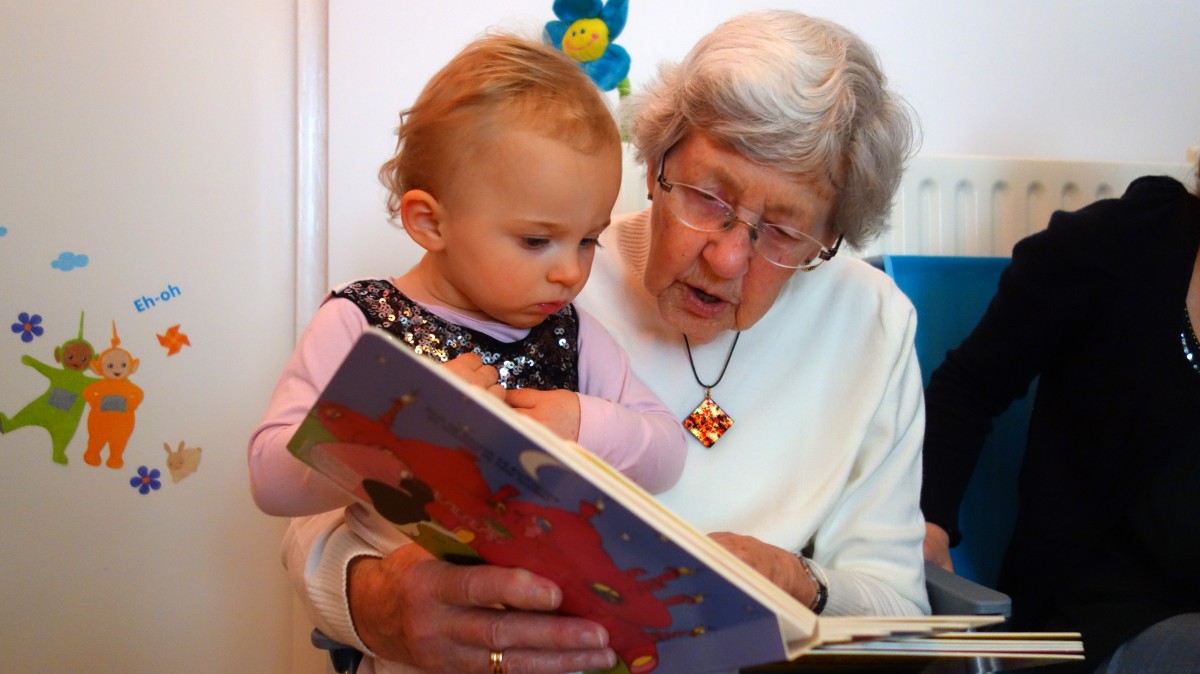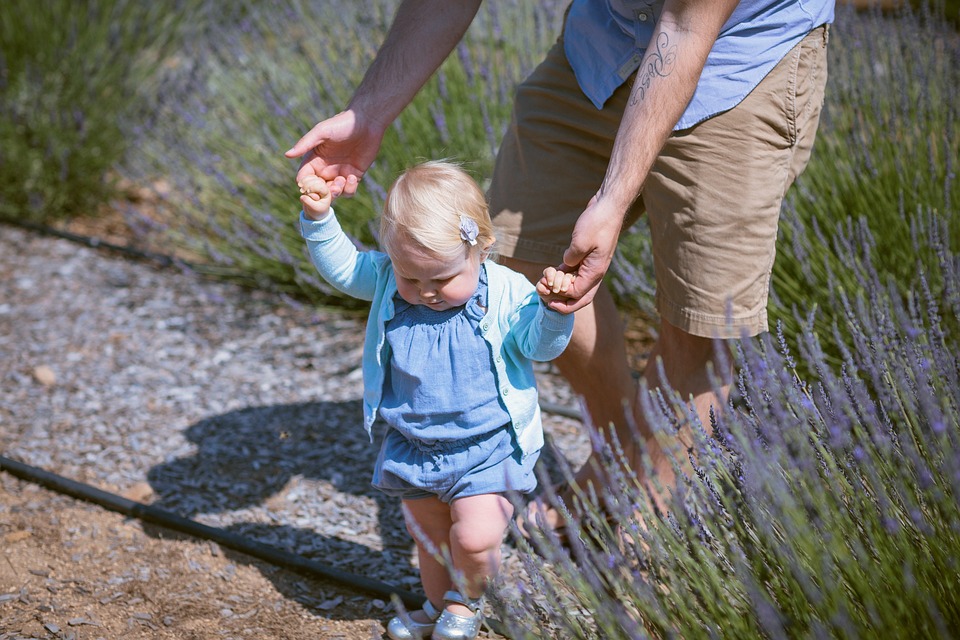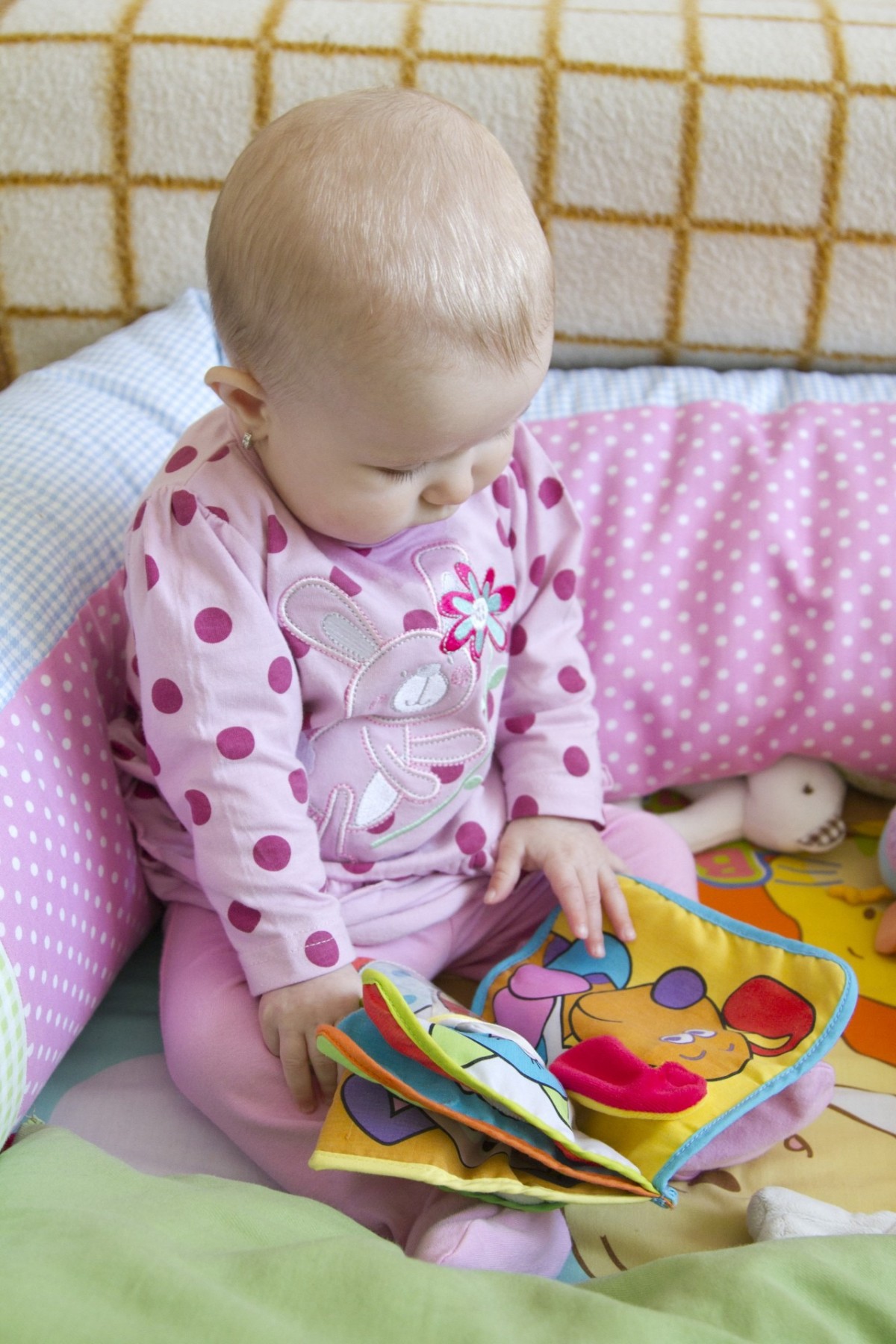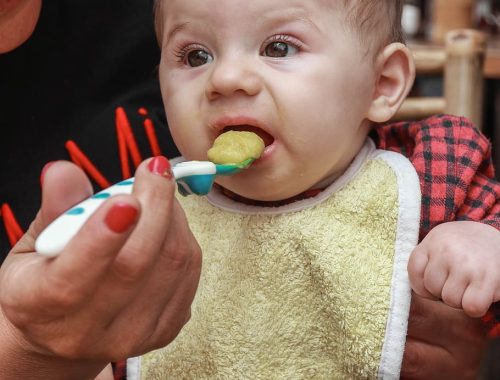
How Quickly Do Babies Pick Up Languages
How Quickly Do Babies Pick Up Languages
Human language is an infinite and extraordinary means of communication. Its development in the very young child will occur from stage to stage. In this article, you will be reading about the baby’s language development.
Conditions for the development of language in babies
Depth of the exchanges with his family
The atmosphere (the climate) that surrounds the baby is precious. Language learning depends on how one speaks to the child, explains emotions, events, behaviors, etc.
Warmth, tenderness, affection, kindness, and attention are as important as words.
Babies learn things because they are named. It is essential to verbalize, in other words, to translate actions and behaviors clearly into words to develop language.
A language bath

The more you talk to your baby, the more he is immersed in a “language bath” in which he builds “his own language”, and the more his intellectual capacities develop.
Without overdoing it (or talking in baby talk), talk to your child warmly in clear, simple language (but not in an artificial way). A parent who talks all the time risks tiring his child! The child must have time to express himself.
Talk to your child throughout the pregnancy and from birth.

Children associate words with happiness, pleasure, and well-being as long as your comments are encouraging, soft and gentle, not threatening or irritating. Intuitively, this is what you realize when you rock, cuddle, nurse, cry or cuddle your baby. The softness and melody of your voice soothe and calm him.
Milestones in Infant Language Development

These vary significantly from child to child. Here are a few milestones to consider from a distance because each baby is different and evolves in his own way:
– at the very beginning of his life, crying and screaming is a mode of expression through which he makes his needs understood and discovers his voice;
– At around 3 weeks, your little child listens to you for a long time with extreme attention;
– between 1 and 3 months, the baby, in calm and cuddly moments, emits throat noises with isolated vowels (“a, eu”), small, very soft cries, “vagings”;
– Around 2 and a half months, the beautiful chirping and the “areu” that amaze us so much begins! The small child plays with its vocal cords, which seems innate. He perceives his voice and responds to his parent by “modulating his chirping differently depending on what he wants to express”;
– Around 4 months, your child calls for you and responds with laughter, jubilation, chirping (by the way, all babies in the world “chirp” in the same way!), and little throat sounds with pleasure. He uses consonants “me, ze” and vowels “eu, a” imitating your tone;
– around 6-7 months, babbling begins until the day when he will say “ma-ma-ma, pa-pa-pa”; he reacts to his name;
– At around 7-8 months, it will be “mommy, daddy” once, then a few weeks later, he will repeat it, hearing you repeat it over and over again; he uses the nuances of language;
– At around 1 year old, he says three or four words and many syllables that make real sense to him; at this time, he may stop and seem to stop progressing. He is recording and making great progress;
– around 15-20 months, the “word-sentence” begins, where the word alone is loaded with a dense meaning expressing a desire, an act, a request, with a very particular intonation; he knows that he can use his voice in different ways and is very surprised by this; he speaks by himself and produces sounds “sometimes high, sometimes low”;
– At about 18 months or more, the child can say 15-20 words, then 50-60 at about two years. During this period, the child associates two to three words that have the meaning of a whole sentence, such as “part-mom. He or she does not yet speak in the first person but in the third person, using his or her first name or the pronoun “he.
You May Also Like

How To Eat Healthily During The Holidays?
2022-11-09
Infant Nutrition: Nourishing Our Little Ones for a Bright Future
2023-07-28

